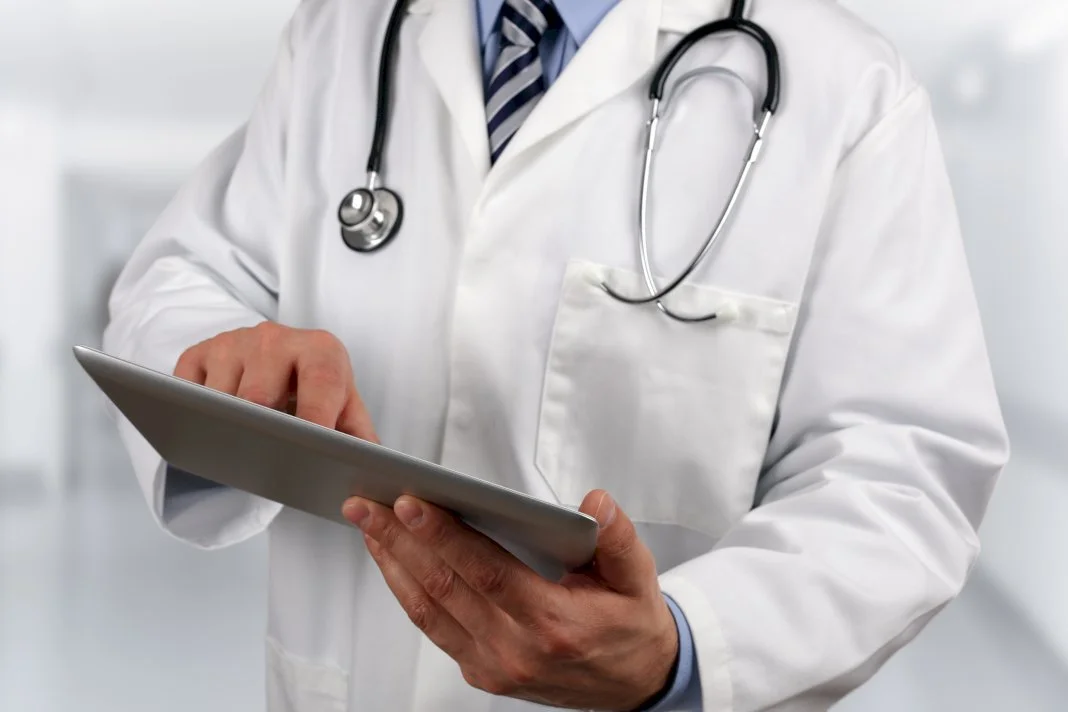Technology, in general, has been an enormous boon to humanity. It has allowed us to do things once thought impossible and has made our lives easier in many ways. But one area where technology has a particularly profound impact is in healthcare. From diagnosis to treatment to the actual delivery of care, technology is playing an increasingly important role in making healthcare more effective and efficient.
Here are just a few of the ways technology is aiding in the advancement of healthcare.
1. Electronic Health Records
One of the most important ways technology impacts healthcare is through electronic health records (EHRs). EHRs are digital versions of a patient's medical history that any authorized healthcare provider can access. This allows for better continuity of care as providers can easily see what treatments a patient has received and their allergies, for example.
EHRs also make it easier to track public health trends as data can be gathered and analyzed more easily. When a patient is diagnosed with a particular condition, that information can be immediately entered into the EHR system and used to help identify patterns and trends. If they live in an area with a known outbreak of a particular disease, for example, their provider can be alerted and take appropriate precautions.
2. Medical Testing
In the past, medical testing was often a time-consuming and invasive process. But thanks to advances in technology, that is no longer the case. Health providers can now do medical tests quickly and easily with little to no discomfort for the patient. Even better, the results of these tests are often available almost immediately.
Clinical chemistry analyzers are one example of how technology makes medical testing more efficient. These devices are used to perform various tests on blood, urine, and other bodily fluids. Health professionals can use them to test for everything from pregnancy to drug levels in the blood. And because they are automated, they can often get results back faster than traditional methods.
3. Telemedicine
Telemedicine is another area where technology is having a significant impact on healthcare. Telemedicine refers to using telecommunication and information technologies to provide remote clinical services. Through telemedicine, patients can consult with healthcare providers from anywhere in the world without traveling to see them in person.
This is particularly beneficial for rural patients who might have to travel long distances to see a specialist or for patients with chronic conditions who need to see their doctor regularly but find it challenging to do so in person. Telemedicine can also be used for continuing medical education or consultation between specialists. With telemedicine, the delivery of healthcare is becoming more convenient and accessible.
4. Medical Devices
Technology is also helping to advance healthcare by developing new and improved medical devices. Medical devices are becoming smaller, more portable, and more sophisticated thanks to technological advances. For example, you can now purchase a handheld bladder scanner to quickly and accurately measure the bladder. This means they can be used in more situations and by more people than ever.
Everyone from surgeons to emergency medical technicians can use these new and improved medical devices. Many of these devices are made possible through medical injection molding, which allows for the precise and efficient manufacturing of components used in critical healthcare tools. These advancements not only enhance the functionality of medical devices but also make them more accessible to medical professionals worldwide. As long as they are being designed in a way that provides the user with benefits and reduces any issues, items such as Catheter Devices, can be made for unique requirements, allowing for more comfort and care.
5. 3D Printing
With the rise of 3D printing, healthcare is also benefiting in several ways. 3D printing can be used to create models of organs and body parts, which surgeons can use for things like surgical planning and training. Medical professionals can also use it to create prosthetics, implants, and other medical devices. And because 3D printing is still a relatively new technology, there are sure to be even more uses for it in healthcare in the future.
3D printing is already having a significant impact on healthcare and will only become more critical in the future. Some experts even predict that it will revolutionize healthcare as we know it. If you want to stay on the cutting edge of healthcare, 3D printing is something you should definitely be aware of.
Technology has revolutionized healthcare in many ways, showing no signs of slowing down anytime soon. From electronic health records to telemedicine to new and improved medical devices, technology is aiding the advancement of healthcare in numerous ways. This benefits both patients and healthcare providers alike by making care more accessible, efficient, and effective overall.



